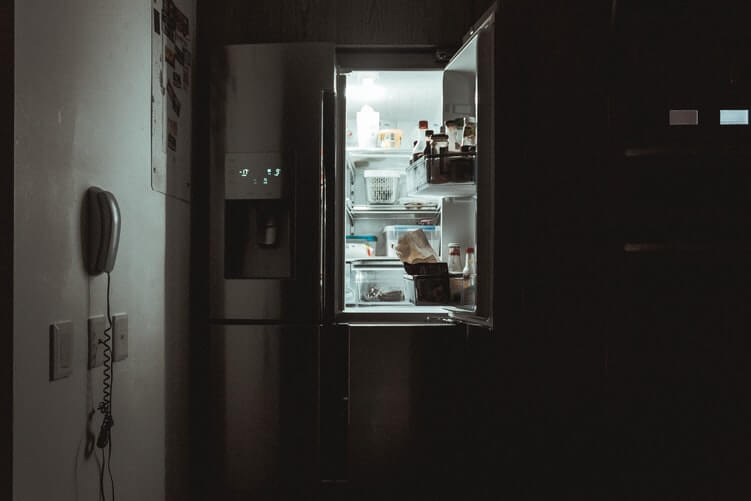Advertisement
Managing Weight Control and Eating Disorders During Isolation
How and why stress may have changed the way we eat

From just one look at our Facebook feeds, it’s clear many of us are feeling stressed—and, as a result, snacky while relegated to our homes. Kyla Fox, clinical therapist and owner of the Toronto-based The Kyla Fox Centre, which specializes in helping people who suffer from eating disorders and/or related mental health issues, says that when we can’t stop munching, we need to ask ourselves a bigger question: “Why are we soothing ourselves with food?”
Why so snacky?
“If we’re soothing something, then it’s my feeling that we need to get to the core of what we’re trying to relieve. What are we afraid of, what are we sad about? And then how can we start talking about that instead of using the foods to numb us out,” says Fox.
She encourages readers to articulate what they’re really trying to soothe—whether it’s feeling overwhelmed, the fallout from constantly arguing with a partner, feeling isolated, or the unfamiliarity of being with our families 24/7. Continuing to numb with food will only lead to further stress and drain our energy.
“Food isn’t meant to be used in that way,” Fox explains.
Fox adds that overeating is not the only way to express feelings with food: staying away from food may also be a sign you’re using snacking, but, in this case, as a way of articulating the emptiness you feel.
If you’re overeating, you could try portioning your snacks into bowls instead of noshing straight from the bag, keeping yourself accountable with a food journal, or creating a separate time to eat instead of eating when you’re at your computer or TV.
And, when you’re ready to go for the fridge, pause, and ask yourself “Am I hungry, or just bored and tired (or whatever else you might be feeling)?”.
Coping with an eating disorder
Those with eating disorders may also find this time especially triggering. We’re living in tumultuous times when our circumstances are deeply out of our control. According to Fox, people with eating disorders may turn to food and the body to articulate what they’re feeling at an emotional, circumstantial, trauma, or relational level.
“The situation of COVID-19 is really a prime opportunity, unfortunately, for people with eating disorders to have them heightened or to evoke relapse, because life right now is so deeply unpredictable,” comments Fox.
Those struggling with eating disorders will need care, support, and accountability, which can still be found. The Kyla Fox Centre is running -virtually- in its entirety so that all individuals with eating disorders and disordered eating can receive comprehensive care during this time.
Fox also suggests creating daily structure and accountability by eating meals when you normally would and practicing basic elements of self-care like waking up and going to bed at a reasonable time, getting dressed daily, and washing your hair. These strategies help create a sense of familiarity and regulation, which can translate into other feelings like purpose and connection, and help to make life feel less chaotic.
Reaching out
If you know of someone with a pre-existing mental health issue, remember, doing something that seems small (like calling, texting, or inviting someone to a Facebook group) can be extremely effective, says Doidge-Sidhu. The Centre for Mental Health (camh.ca) also offers information and tools for those with mental health struggles.
If someone you know struggles with disordered eating, it might at first be tricky to detect signs of an eating disorder re-emerging. That’s because we can’t necessarily see what our loved ones are doing with food and the body across computer screens, says Fox. Since that’s the case, Fox recommends becoming better at communicating our concerns, which may involve direct questioning: “Has this time been triggering for you with food?”, “Are you feeling safe with food/your body given the lack of control you now have?”
And, because depression and anxiety are often concurrent with eating disorders, she recommends looking for signs like proper hygiene, any indication of how they are feeling, how communicative they are or aren’t, or whether they even answer or return your calls.
“Those could be the things that people can tap into and question about,” says Fox.
If you have an eating disorder and are looking for extra resources, try the National Eating Disorder Information Centre (nedic.ca).





